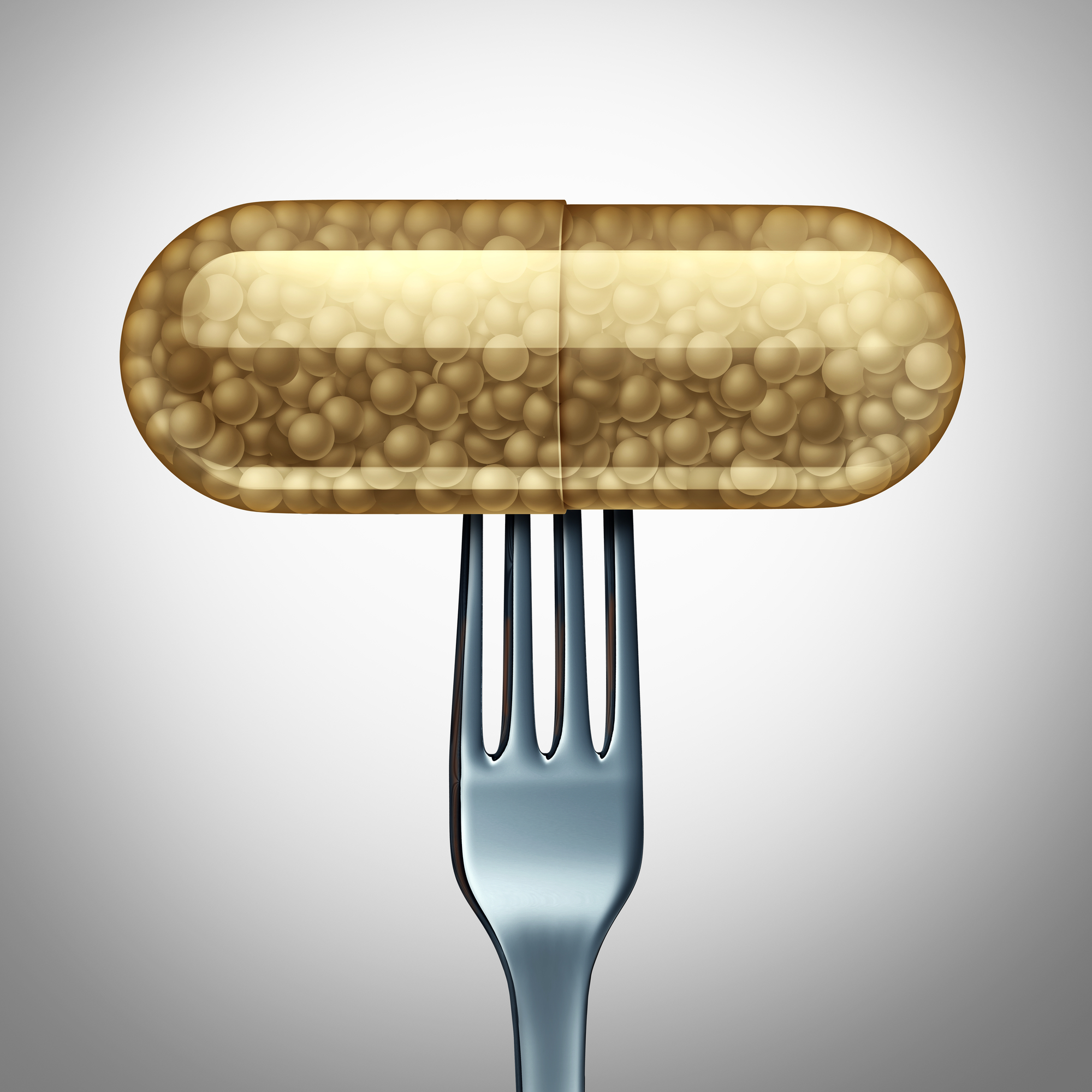Our Blog
Medications and Gut Health – What Every Patient Should Know

When it comes to good gut health, people often think about the foods and beverage they consume. But what about medications people trust to make them feel better? From antibiotics to over-the-counter medicines, all of them impact your gut. Find out more about medications and gut health – what every Alabama patient needs to know.
Antibiotics and Gut Health
Research reveals the human microbiome is excessively exposed to antibiotics. They are found in our bodies due to medical use, and in crops and farm animals we consume. Exposure to antibiotics instantly alters our gut health. Basic physiological processes and repeated antibiotic exposure can leave people vulnerable to compromised immune systems, and long-term disease. Bacterial resistance may develop, making it harder to combat bacterial infections. Gut microbiomes function differently, and when our microbiome is out of balance, it can alter our metabolism and health. Research has shown it can take up to two years to reestablish normal bacterial balance in the gut following a single dose of antibiotics. While antibiotics can be life saving, indiscriminate use of antibiotics can be detrimental to maintaining gut health.
Non-Antibiotic Medicines and Gut Health
People also take a variety of non-antibiotic medicines. Research led by a team at the European Molecular Biology Laboratory (EMBL) in Germany indicates over 200 OTC medications, ranging from anti-inflammatory medicines to antipsychotic drugs, can cause changes to the makeup of our gut microbiome. Some of these changes might be harmful, and others may not. Peer Bork, the study co-author, said, “This shift in the composition of our gut bacteria contributes to drug side-effects, but might also be part of the drugs’ beneficial action.” And non-antibiotic drugs may not only contribute to antibiotic resistance, but may also cause vitamin and mineral deficiencies that impact the normal functioning of the body.
Drugs and the Gut Microbiome
Researchers, doctors, and patients are all recognizing the connection between prescription and non-prescription drugs and the gut microbiome. Much like the foods we eat, the medications we take have an impact on our gut and total health. As science moves forward into finding new ways to improve our approach to health, the microbiome must be considered when drug action in the body is reviewed. Patients should ask questions when they are unsure of the side effects of medications recommended by a doctor or pharmacist. Find out the side effects, including how the drug might impact your gut health.
To Medicate or Not to Medicate
Many patients are opting to avoid medication when possible. A variety of alternative treatments help patients with a range of conditions, including pain, depression, diabetes, cancer, and more. And often a combination of medicine and natural treatment is quite effective. Patients should consult with a functional medicine doctor to find out more about the possibilities of alternative treatments, such as functional nutrition based diets and chiropractic interventions.
Protecting the Gut
Probiotics are a way to help balance gut microbiomes. Take a daily probiotic supplement and eat foods that naturally contain probiotics, such as sauerkraut and yogurt. Include plenty of fruits and vegetables in your diet to promote good gut health. Only take medications when completely necessary. Get enough sleep each night to boost your immune system. Exercise daily to release toxins from your body. Gut health means focusing on your overall well-being and researching medication alternatives with the help of a qualified doctor.
Medications definitely have an impact on gut health. Often medication is essential to help a person get better. But when there are alternatives, it is wise to explore them to protect your gut health.
Thank you for reading our blog! How can we help you? Contact us today.




